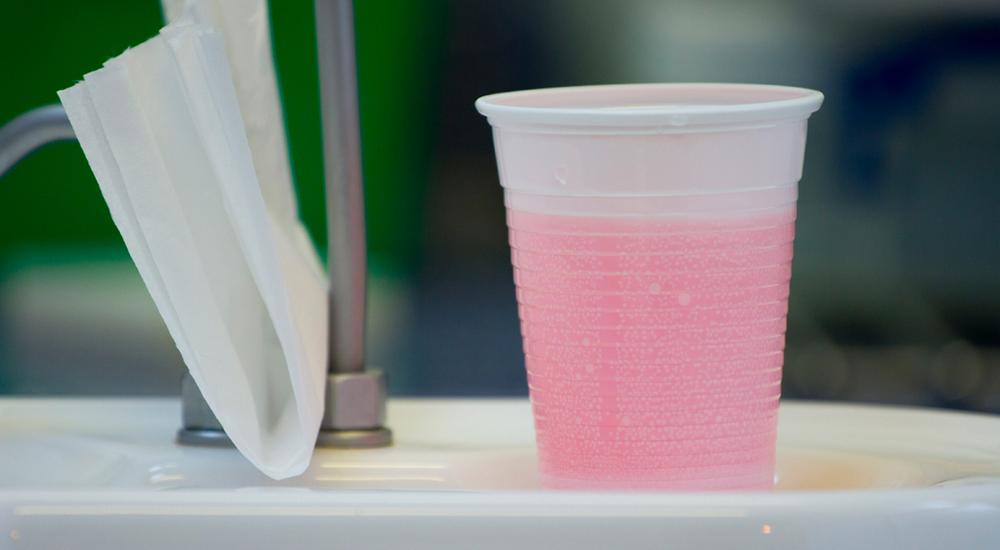Statement from Hull and the East Riding of Yorkshire Local Dental Committee on the need for water fluoridation and other oral health initiatives to combat tooth decay
As dentists who treat patients from Hull and surrounding areas, we want to improve oral health for everyone, especially children. Having good teeth that are free from decay is vital for their general health and wellbeing now and later in life. The sad fact is that too many children in our communities have tooth decay which could have been prevented. That is why we are giving our full support to a range of local initiatives that will prevent tooth decay in the future – not only water fluoridation but also supervised tooth-brushing programmes in schools and education about how to promote good oral health.
We need them all for the maximum benefit for the maximum number of people. We support water fluoridation because many studies have shown that it is effective. It reduces the amount of decay experienced by children by somewhere between 30% and 50%, as well as increasing the number of children who never experience tooth decay by up to about 15%. Less tooth decay also means fewer children having to undergo a general anaesthetic to remove badly decayed teeth. That is certainly a goal worth striving for. Importantly, for a community like Hull with its high levels of social deprivation, fluoridation also narrows the dental health gap that otherwise separates children from the least and most affluent backgrounds.
As a former president of the public health faculty of the Royal College of Physicians (Professor Rod Griffiths) has said: “Fluoridation gives poor kids rich kids’ teeth.” Many studies have also highlighted lower tooth decay rates among adults living in fluoridated areas. So fluoridation can and does benefit all age groups, not just children. In this sense, it provides a community-wide benefit to all, regardless of social background, income and education.
A tiny amount of fluoride in the water supply – just one millionth of its total content – saves teeth from having to be filled or extracted. But we need to remember that some fluoride is in our water naturally. Fluoridation involves topping it up to a level that prevents decay. There are places in England, such as Hartlepool, where the naturally occurring fluoride is already high enough to do the job. Unfortunately, in Hull and East Yorkshire it is not. Here, we need to supplement the fluoride our water already has.
As professionals who care passionately about oral health, we have no doubts about the ability of fluoridated water to reduce tooth decay levels in Hull. The scientific evidence, together with 70 years of water fluoridation schemes in operation, shows that it is also safe. A very wide range of leading health organisations have endorsed fluoridation both internationally and in the UK. They include the World Health Organisation, the British Medical Association, the Faculty of Public Health of the Royal College of Physicians, the Faculty of Dental Surgery of the Royal College of Surgeons, Public Health England and many, many more. We are proud to stand with them in support of a public health measure that can bring so much benefit to so many people.
Communities around the world that have water fluoridation schemes in place – from Birmingham to New York, from Newcastle upon Tyne to Sydney, from Rio de Janeiro to Singapore – have not experienced the health problems that opponents of fluoridation alleged in the run up to the introduction of those schemes.
Last year, Public Health England published a landmark monitoring report after an analysis of key health indicators from all the fluoridated and non-fluoridated areas of the country. The report found no differences between them in their rates of many types of cancer, hip fractures and a number of other conditions that opponents have often tried to attribute to fluoridation. But, whilst PHE did find lower rates of some conditions in the fluoridated areas, its report was quick to stress that no cause and effect could be assumed. In other words, a lack of fluoride in the water is not the reason why non-fluoridated communities have higher rates of bladder cancer and kidney stones than fluoridated ones.
It is pity that the authors of a recently published report on hypothyroidism in England, who included a leading anti-fluoridation campaigner, did not also point to the dangers of making assumptions that cannot be supported by the actual evidence.



